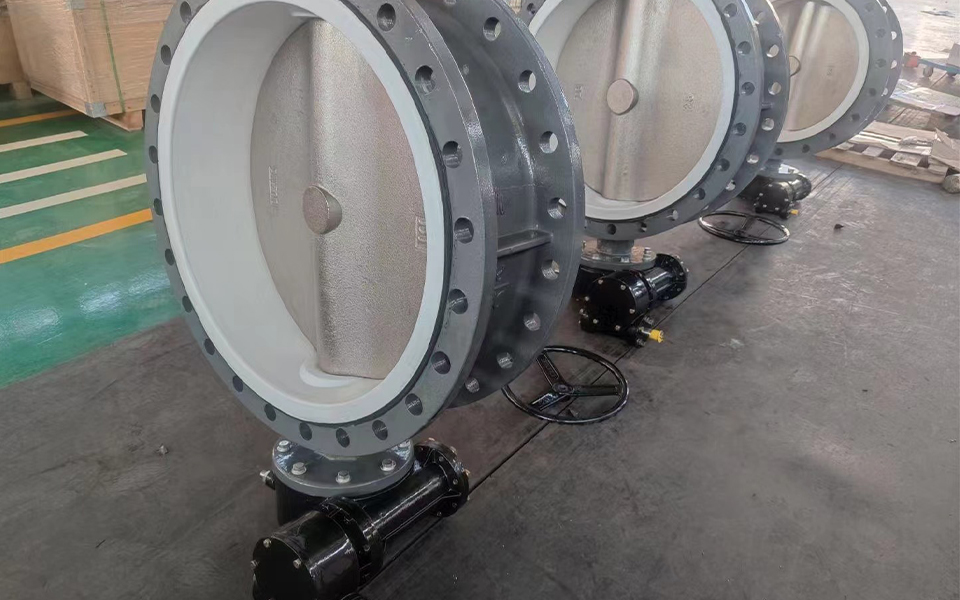INDUSTRY NEWS
What kind of corrosion-resistant valve is used
In the chemical, petroleum, pharmaceutical and other industries, the use of anti-corrosion valves is very large, because there are more chemical corrosive substances in the working environment of these industries, so the material selection of anti-corrosion valves is very important. Suitable anti-corrosion material can effectively extend the service life of the valve, reduce maintenance costs, and improve system reliability. So what kind of corrosion resistant valve?
In the selection of anti-corrosion valve materials, common and excellent materials include: stainless steel, alloy steel, copper alloy, fluorine plastics and so on.
1. Stainless steel, especially 316 stainless steel, has good corrosion resistance and is suitable for most general chemical corrosive media working environment. Stainless steel anti-corrosion valve is not easy to rust, and has the advantages of easy cleaning and easy maintenance.
2. Alloy steel is another commonly used anti-corrosion valve material, it has higher mechanical strength and corrosion resistance, suitable for some of the more harsh working environment, such as high temperature and high pressure, strong corrosive media. Alloy steel valves are generally able to withstand more demanding environmental conditions and exhibit excellent heat and corrosion resistance.
3. Copper alloy is also often selected as one of the materials of anti-corrosion valve, because of its good corrosion resistance and thermal conductivity, suitable for some special acid and alkali media. Copper alloy valves can maintain stable performance in a highly corrosive environment, with a certain degree of shock resistance and wear resistance.
4. Choose the valve lined with fluorine plastic, fluorine plastic has excellent corrosion resistance, light weight, non-toxic, insulation and other characteristics, suitable for some food, medicine, chemical industry and other special needs, the common fluorine plastic material is PTFE and so on.
The material selection of anti-corrosion valve needs to be carried out according to the specific requirements of the working environment, and different materials have different characteristics and scope of application. By selecting the appropriate anti-corrosion material, the durability and stability of the valve can be effectively improved to ensure the normal operation and safety of the system.

